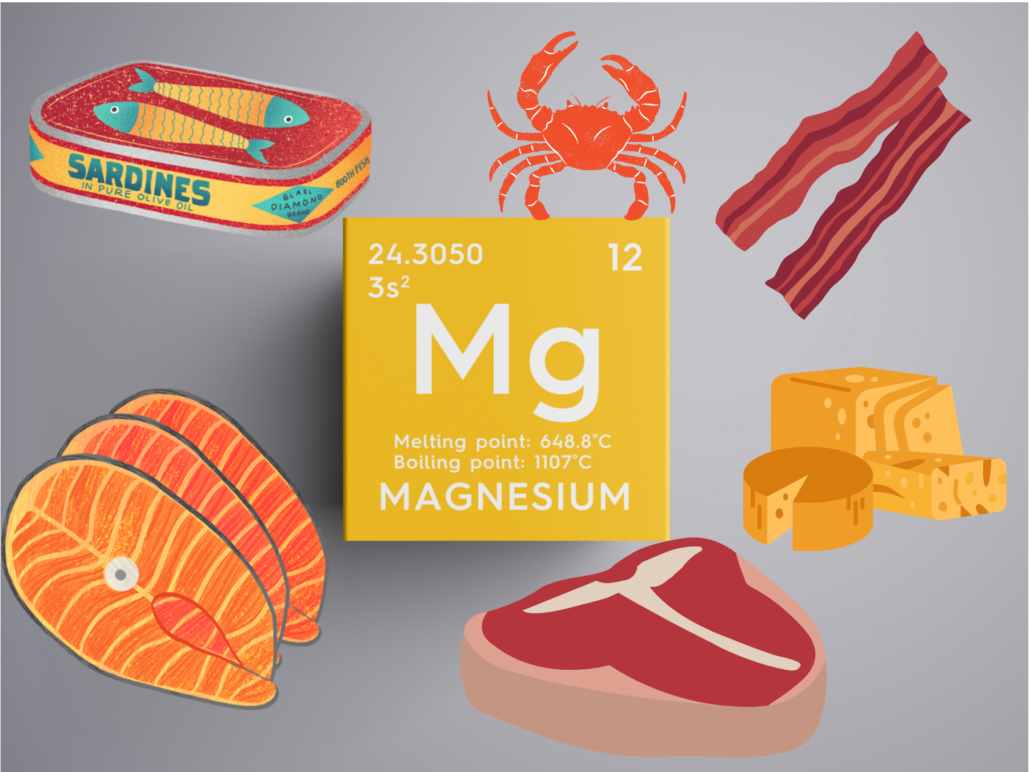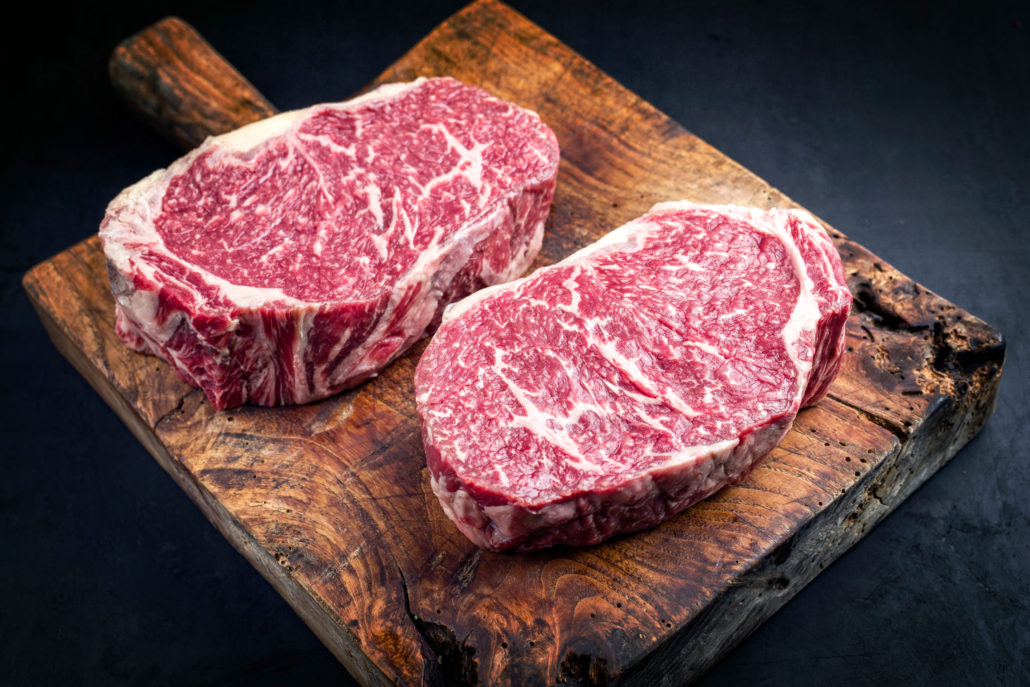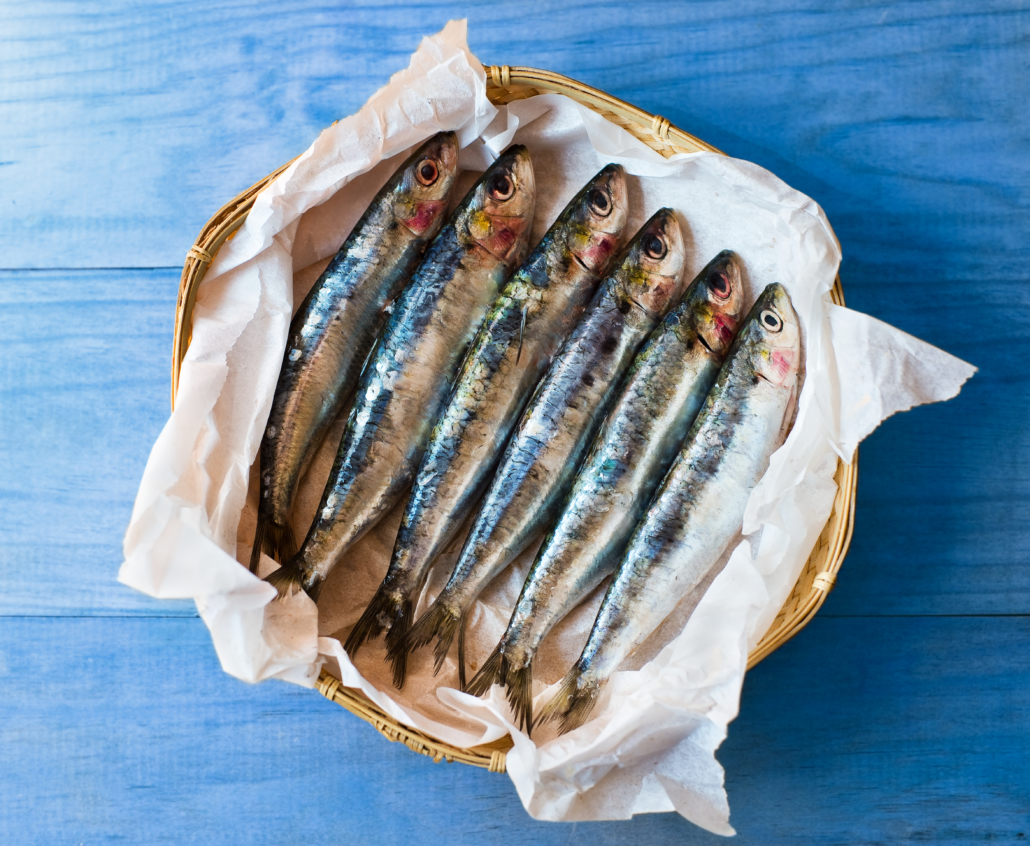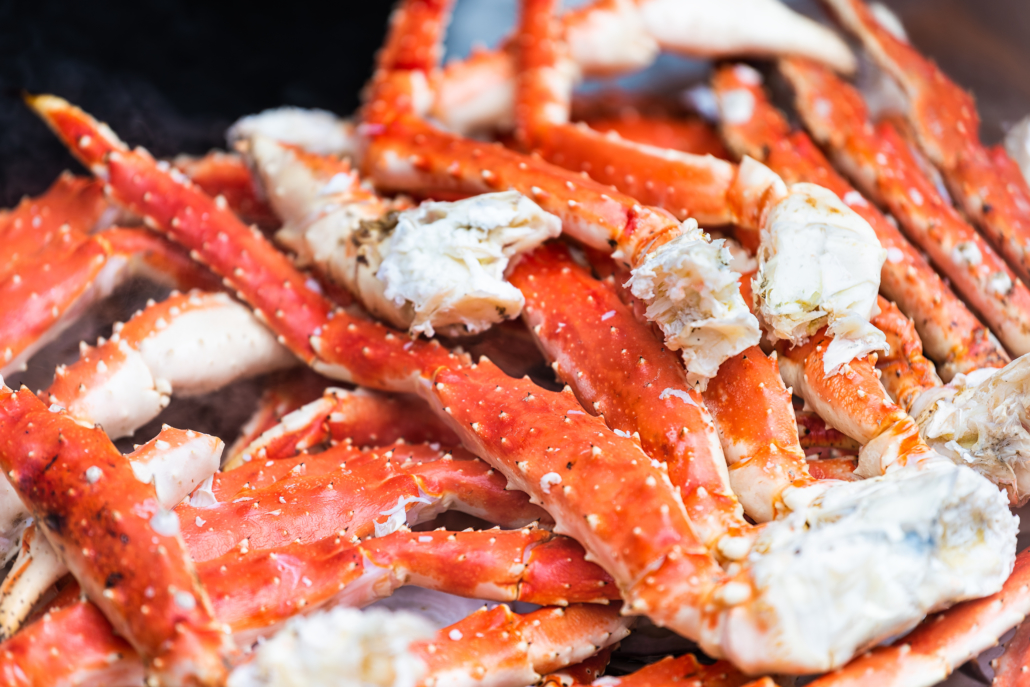We include products in articles we think are useful for our readers. If you buy products or services through links on our website, we may earn a small commission.
Magnesium on the Carnivore Diet?

Magnesium on the carnivore diet is an essential nutrient that plays a key role in nearly every bodily function.
The all-meat carnivore diet eliminates most foods that are high in magnesium, like leafy greens, nuts, and seeds. At the same time, magnesium is found in relatively low levels in most carnivore diet foods.
Does this mean that carnivore dieters need to supplement? Not necessarily.
In this article, we’ll explore why magnesium is important, how much magnesium you get from various carnivore diet foods, and what you need to do to get enough magnesium on your carnivore diet.
Table of Contents
Why do You Need Magnesium?
Magnesium is an electrolyte. This means that it has a small electrical charge, which allows it to act like a spark plug, igniting over 600 cellular reactions that support vital bodily processes, including 1:
- Building and maintaining muscle tissue
- Normal nerve function
- Maintaining glucose levels
- The creation of DNA and RNA–our genetic machinery that runs our bodies
- The ability to synthesize protein
- The maintenance of heart rhythm
- Synthesizes compounds into ATP–the fundamental energy molecule in your body
Symptoms of Magnesium Deficiency on the Carnivore Diet
Because magnesium plays such an important role in the creation of ATP–the energy currency for your body–magnesium deficiency can cause numerous uncomfortable, impairing, and even deadly issues.
Symptoms of magnesium deficiency include :
- Muscle cramps
- Heart palpitations
- High blood pressure
- Fatigue
- Migraines
- heart attacks
- Low Vitamin D
RDA of Magnesium on Carnivore
The RDA for magnesium is different for men and women.
Men
400 mg a day for men under 30.
420 mg a day after 30.
Women
310 mg a day for women under 30.
320 mg a day after 30.
How Carbs and Plant Antinutrients Affect Magnesium Levels
Like other essential nutrients, including vitamin C, you likely need more magnesium on a high-carb diet than when virtually eliminating carbs on carnivore.
Studies show that sugar intake increases the excretion of magnesium by the kidneys. So, the more carbs you eat, the more magnesium you require.
It’s also worth noting that 50-80% of people on a high-carb standard American diet are already magnesium deficient.
And though magnesium is present in plant foods (grains, beans, nuts, seeds, and even leafy greens to some extent), it is high in an antinutrient called phytic acid that inhibits magnesium absorption.
For many people, a well-formulated carnivore diet can actually increase magnesium intake.
Let’s look at how much magnesium you can get on a carnivore diet from popular carnivore diet foods.
How much magnesium in steak?

Ruminant meats, and especially steak, are the centerpiece of most carnivore diets.
And for good reason. Fatty cuts of steak like ribeye are among the most nutrient-dense foods on earth. But how much magnesium is there in steak?
Ribeye steak provides 22 mg of magnesium per 100-gram (3.5 oz) serving.
When it comes to steak on the carnivore diet, it’s more helpful to measure nutrients per pound.
1lb of ribeye steak has around 100mg of magnesium. And 1 lb of lamb provides about the same.
If you’re on a lion diet AKA the carnivore elimination diet of just red meat, salt, and water, 2-3 lbs of steak a day provides 200-300 mg of magnesium.
This leaves another 100-200mg to get from other foods or supplements.
Let’s take a look at other sources of magnesium on the carnivore diet.
Magnesium in organ meats
Organ meats from ruminant animals provide similar amounts of magnesium as muscle meats.
For example, beef liver provides between 14-25 mg of magnesium per 100-gram serving.
While beef pancreas provides 20.3 mg per 100-gram serving.
All things considered, though organ meats provide a tremendous abundance of other important nutrients like vitamin A and B12, they only offer a marginal amount of magnesium.
Magnesium in Pork
Pork generally offers less magnesium than ruminant meats like beef and lamb.
However, there is one cut of pork that is relatively abundant in magnesium, and that’s bacon.
100 grams of bacon provides 33 mg or around 10% of your RDV.
Magnesium in Bone Broth
Carnivore diet bone broth is a good source of hard-to-get amino acids, and an OK source of minerals, including magnesium.
A single cup (8 oz.) of bone broth provides 17 mg of magnesium.
For those of you making your own bone broth at home, studies show that cooking time matters.
Cooking your bone broth for twelve hours can yield 40% more magnesium than when cooking it for 8 hours.
Magnesium in Fish

Fatty fish, especially sardines, mackerel, anchovies, and chinook salmon, are a fantastic way to achieve your magnesium intake.
A 100-gram serving of chinook salmon provides 122 mg of magnesium.
So if you were to consume 1 pound of chinook (king) salmon, you’d be well over your RDA at 549 mg, or around 137% of your RDA.
Other fatty fish high in magnesium include
- Atlantic Mackerel: 97 mg per 100 grams
- Anchovies (canned): 69 mg per 100 grams
- Sardines: 58 mg per 100 grams
Magnesium in Shellfish and Crustaceans

Shellfish like oysters and mussels are also some of the most nutrient-rich foods on earth, boasting extremely high levels of vitamin B and zinc.
High magnesium shellfish and crustaceans include
- King crab: 63 mg per 100 grams
- Oysters: 58 mg per 100 grams
- Shrimp/prawns 39 mg per 100 grams
- Mussels 37 mg per 100 grams
Magnesium in Cheese
High-fat carnivore diet cheeses can provide a variety of tastes and textures on the carnivore diet. And they’re also a decent supplemental source of magnesium.
Carnivore diet dairy options with magnesium:
- Parmesan cheese: 38 mg per 100 grams
- Sharp cheddar: 32 mg per 100 grams
- Creamy blue cheese: 23 mg per 100 grams
Magnesium on the Carnivore Diet: The Bottom Line
Magnesium is an essential nutrient that plays a vital role in nearly every bodily function.
For this reason, it’s critical that you get enough magnesium through your diet.
Though carnivore diet foods are generally lower in magnesium than plant sources of magnesium, it is entirely possible to meet your magnesium needs on a carnivore diet with the inclusion of some types of fatty fish.
It’s also worth considering that most people are magnesium deficient on non-carnivore diets.
Eliminating sugar and eating nutrient-dense animal foods with sufficient magnesium will likely increase your magnesium levels.




















